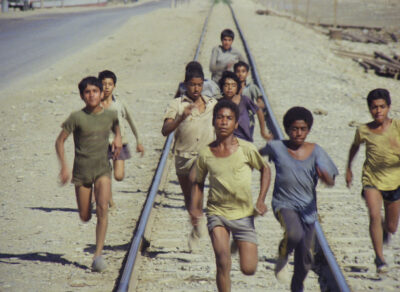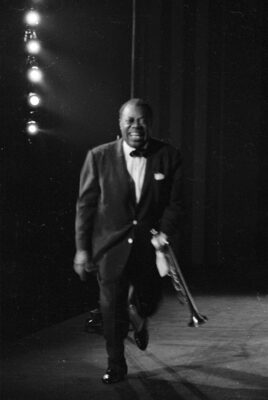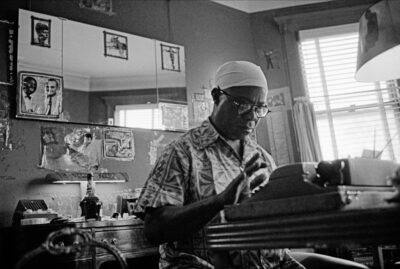We all like a good Top Ten list. They’re fun to make, entertaining to read, and amusing to argue over. In 2003 I included Love, Actually on my Top Ten list and an erudite film critic friend practically did a spit take he was so shocked I would put such an admittedly middlebrow entertainment among my other choices, which were more esoteric and in line with his tastes. But, hey! Enjoy the art you enjoy and don’t be ashamed of it.
This is a roundabout way of saying we’ll be collecting your Top Ten lists the first week of 2023. We’ll include the entry form in that week’s newsletter and, assuming he catches up on the buzzy films he hasn’t seen yet, Greg Laemmle’s Top Ten list. By submitting your list you’ll be entered into a raffle for free Laemmle gift cards!
For inspiration, here are some Top Ten lists the nation’s leading film critics have submitted and — good news! — many of the titles — No Bears, One Fine Morning, EO, and Return to Seoul — are either now playing or coming soon so you can see them as they were meant to be seen, theatrically. They are hyperlinked below.
Justin Chang, Los Angeles Times
1. No Bears
2. Aftersun
3. The Eternal Daughter
4. Tár
5. Benediction
6. Decision to Leave
7. Kimi
8. Crimes of the Future
9. One Fine Morning
10. EO
11. Nope
Manohla Dargis, New York Times
1. EO
2. Petite Maman
3. Nope
4. No Bears
5. Kimi
6. The Eternal Daughter
7. Happening
8. Decision to Leave
9. Expedition Content
10. All the Beauty and the Bloodshed

- Tár
- The Fabelmans
- The Batman
- Bros
- Navalny
- Holy Spider
- Whitney Houston: I Wanna Dance with Somebody
- Vengeance
- Turn Every Page: The Adventures of Robert Caro and Robert Gottlieb
- 13: The Musical
- Tár
- Saint Omer
- Good Luck to You, Leo Grande
- Playground
- The Batman
- Corsage
- Happening
- After Yang
- The Whale
- You Won’t Be Alone
1. Tár
2. Aftersun
3. No Bears
4. Return to Seoul
5. Riotsville, USA
6. We Met in Virtual Reality
7. All the Beauty and the Bloodshed
8. Emily the Criminal
9. The Cathedral
10. Top Gun: Maverick
1. The Banshees of Inisherin
2. The Fabelmans
3. Decision to Leave
4. Tár
5. Aftersun
6. Nope
7. No Bears
8. Everything Everywhere All at Once
9. RRR
10. Babylon
















